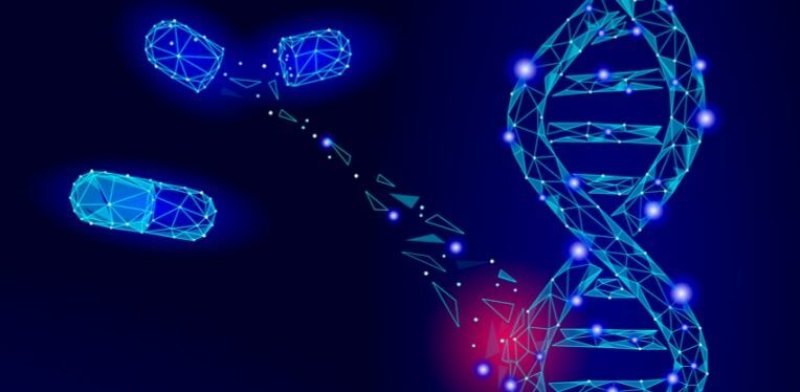Some technologies that have emerged and altered the landscape in recent years include immunotherapy, CRISPR-Cas9 gene editing, and chimeric antigen receptor (CAR) T-cell therapies. Now, another platform technology is maturing from the research laboratory to commercial viability. In 2017, the U.S. Food and Drug Administration (FDA) approved the first directly administered gene therapy for mutations of a specific, disease-related gene. That product, Luxturna, marketed by Spark Therapeutics, delivers a functioning copy of the RPE65 gene to retinal cells using an adeno-associated virus (AAV) as a vector to treat a genetic form of blindness.
This advance has injected new energy into biotech startups seeking to capitalize on gene therapy.
…
As the field matures, gene therapy companies will eventually need to find a way to sell once-in-a-lifetime cures in a market built around chronic therapies. “In some ways, it’s been easier for our European counterparts and other single-payer economies,” [research analyst Mani] Foroohar comments. “[They] can rest more assured that the financial benefits of reducing future hospitalizations due to expensive future illness will be captured by the same payor that’s providing the upfront outlay.”
Just as biotechnology has transformed every aspect of our healthcare system over the last 40 years, gene therapy will challenge, disrupt, and overturn our healthcare pricing and reimbursement paradigms as it becomes an increasingly common and routine treatment approach.































